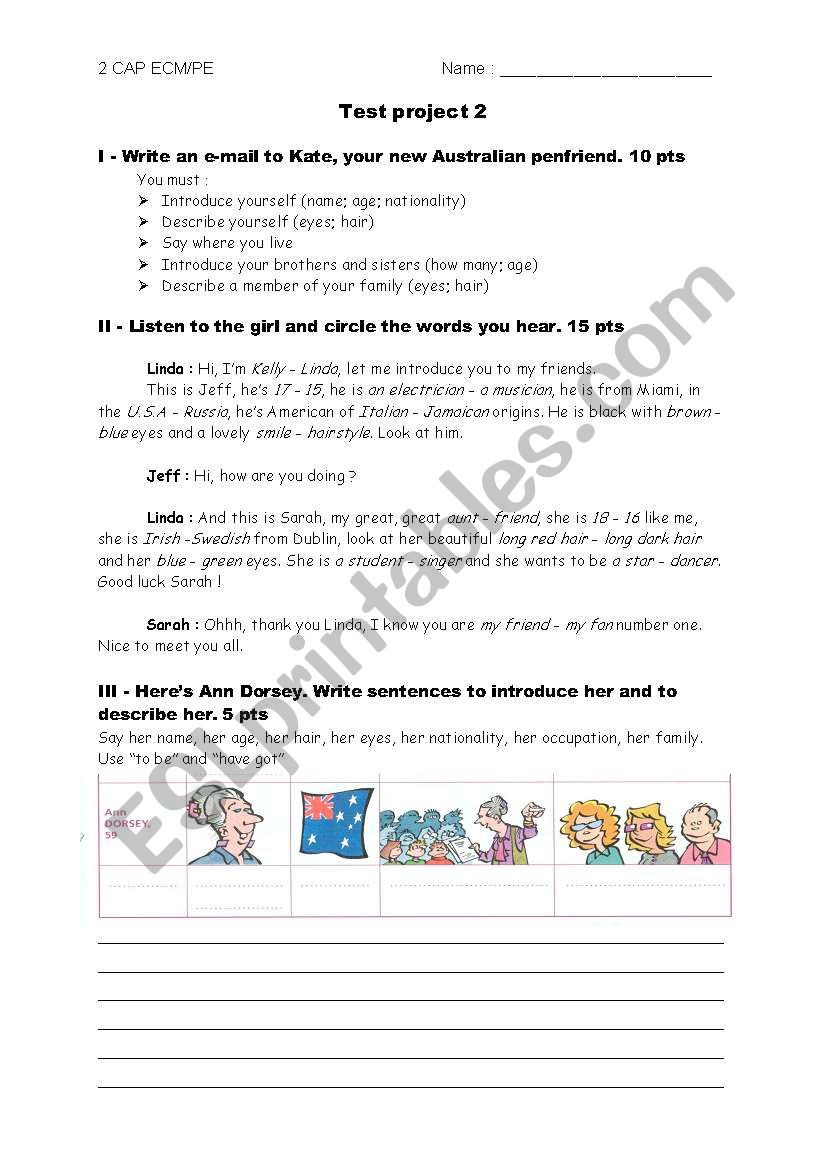
Should I take the short or long version of the test?. Report on all 30 facets including: Anxiety, Depression, Warmth, Altruism, Dutifulness etc. You will see in your personality report your score for each of the Big Five dimensions as well as a detailed We also provide a shorter 60 question version. Our test is based upon the 120 question NEO-PI inventory. What kind of personality test do we provide?. Examples include excessive socializing that leads to being fired from one's job, hurling an insult that causes the breakup of an important relationship, or using pleasure-inducing drugs that eventually destroy one's health. Another problem with impulsive acts is that they often produce immediate rewards but undesirable, long-term consequences. Uncontrolled antisocial acts not only harm other members of society, but also can result in retribution toward the perpetrator of such impulsive acts. Nonetheless, acting on impulse can lead to trouble in a number of ways. Impulsive individuals can be seen by others as colorful, fun-to-be-with, and zany. Also, in times of play rather than work, acting spontaneously and impulsively can be fun. Impulses are not inherently bad occasionally time constraints require a snap decision, and acting on our first impulse can be an effective response. Depending on the individual's specific intellectual abilities, this symbolic cognition may take the form of mathematical, logical, or geometric thinking, artistic and metaphorical use of language, music composition or performance, or one of the many visual or performing arts.Ĭonscientiousness concerns the way in which we control, regulate, and direct our impulses. Scores on Openness to Experience are only modestly related to years of education and scores on standard intelligent tests.Īnother characteristic of the open cognitive style is a facility for thinking in symbols and abstractions far removed from concrete experience. Nonetheless, Intellect is probably best regarded as one aspect of openness to experience. 
Intellectuals typically score high on Openness to Experience consequently, this factor has also been called Culture or Intellect. They tend to think and act in individualistic and nonconforming ways. They tend to be, compared to closed people, more aware of their feelings. Open people are intellectually curious, appreciative of art, and sensitive to beauty.

Openness to Experience describes the difference between imaginative, creative people and down-to-earth, conventional people. However the Artisan has a refreshing impulsiveness about them, they tend to dislike too many rules and regulations and can be casual and whimsical.Ĭlick 'Next' below to see 'Part 3: Big 5 Overview'

With a healthy skepticism of the motives of others, and a belief in justice and being self made, sometimes the Artisan can come across as guarded or intimidating. Sticking with convention and familiar routines is generally best. The Artisan generally prefers fact over fiction and security and stability over ambiguity and disorder. Due to their independence and reserve, sometimes the Artisan can be perceived as arrogant or unfriendly, however this is merely because they don't require the same level of social stimulation or interaction that others may seek. Your Personality Type is The Artisan ( RICGS)Īrtisans are emotionally reactive, which means that they experience their emotions strongly and can be very passionate., however also have a higher tendency to experience emotions such as anxiety, anger and depression.







 0 kommentar(er)
0 kommentar(er)
